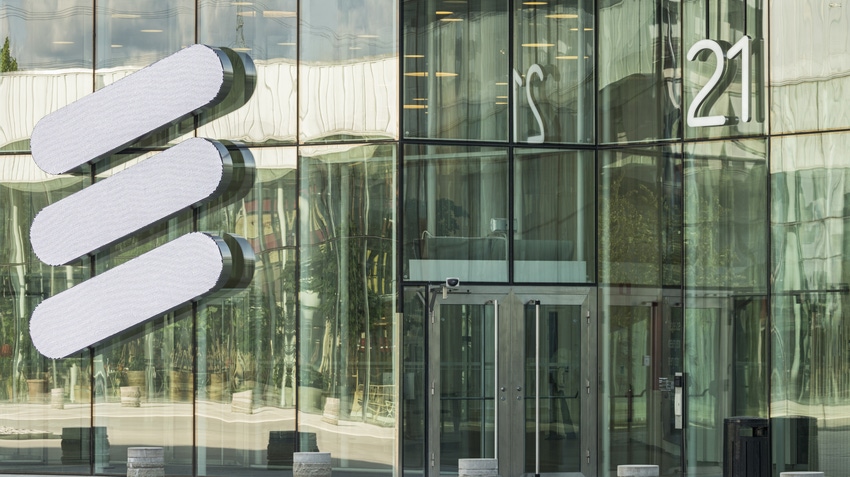Eurobites: Ericsson injects AI into network management
Also in today's EMEA regional roundup: Arm poaches Nvidia marketing whizz; Zegona raises cash for Vodafone Spain deal; BT shrinks pension fund deficit.

The quest to eliminate the scourge of human error from network management continues with Ericsson's latest launch, which uses AI and its less glamorous sibling, machine learning, to analyze and automate microwave, IP and optical networks. The Transport Automation Controller, which can be seen as a combination of an analytics tool and a software-defined network controller, provides insights on how to improve overall network performance, monitoring capacity utilization and other issues. Ericsson claims the software can be deployed "in hours" and that it can be easily scaled up to fit the larger network.
Arm, the UK-based but Japanese-owned chip design company, has poached its new marketing supremo from rival Nvidia. Ami Badani, who joins Arm as chief marketing officer with immediate effect, started her career as an investment banker at Goldman Sachs and J.P. Morgan but went on to management roles at Cisco and Cumulus Networks before joining Nvidia. Badani's background in AI is cited as a key factor in her appointment.
Zegona Communications says it has raised €300 million (US$321 million) from shareholders to help fund its €5 billion ($5.3 billion) acquisition of Vodafone Spain, which was announced at the end of last month and presented by Vodafone Group CEO Margherita Della Valle as a "right-sizing" maneuver. As Reuters reports, Zegona Communications is an investment vehicle created by telecom entrepreneur Eamonn O'Hare.
The WIOCC Group has launched OATS (Open Access Technical Services), which is targeting carriers, operators, hyperscalers and others in Africa wanting to outsource their network management requirements. OATS will offer, among other things, managed subsea capacity termination, managed network field services and spectrum management.
The Interoperable Europe Act, which is intended to strengthen cross-border interoperability and cooperation in the public sector across the EU, has passed another hurdle following an agreement reached yesterday (Monday) between the European Parliament and the EU Council. The Act, it is hoped, will help accelerate the "digital transformation" of Europe's public sector and enable EU citizens to access cross-border digital services more easily.
Sweden's Enea is targeting national security agencies with dedicated signaling-intelligence software that helps them face up to the "mobile threat landscape." The software, says Enea, provides insights into malicious signaling traffic and anomalous traffic patterns between nodes in the network.
BT's pension fund has long been a cause for concern but the operator is hoping to allay some of its stakeholders' worst fears with the news that it has managed to reduce the pension fund deficit to a mere £3.70 billion ($4.55 billion), down from £7.98 billion ($9.81 billion) three years ago. BT says its annual contribution amounts will remain unchanged, at £600 million ($738 million) in each financial year until March 31, 2030 and a final payment of £490 million ($602 million) before April 30, 2030. Simon Lowth, BT's chief financial officer, said in a statement: "The agreement [on tackling the pension fund deficit] allows us to deliver on our strategic initiatives such as investing in our networks and transforming our business."
Microsoft and Google have accepted the EU's designation of them as online "gatekeepers," with all that entails in terms of compliance with the EU's Digital Markets Act. As Reuters reports, "gatekeepers" have to make sure their messaging apps are compatible with those of their rivals and allow users to decide which apps are pre-installed on their devices.
Read more about:
EuropeAbout the Author(s)
You May Also Like












